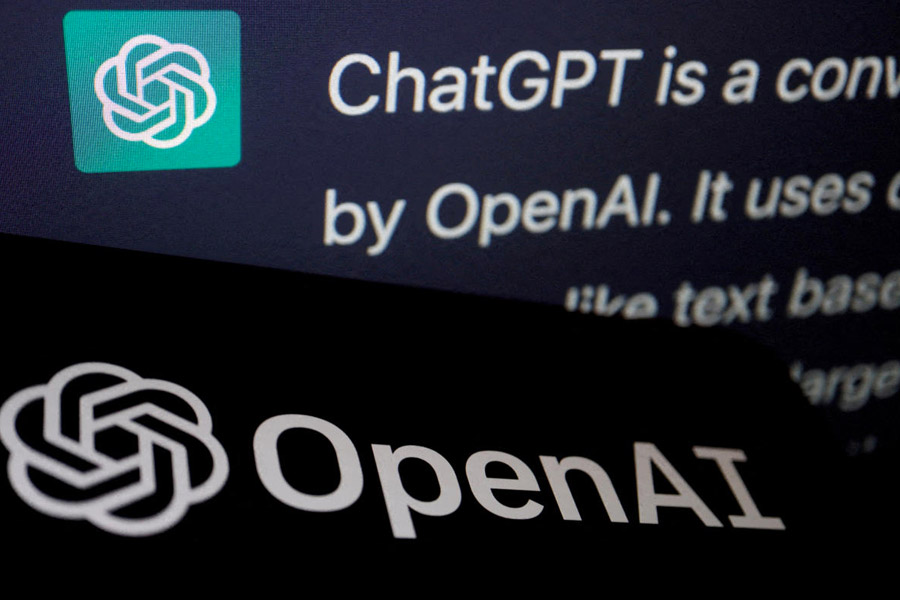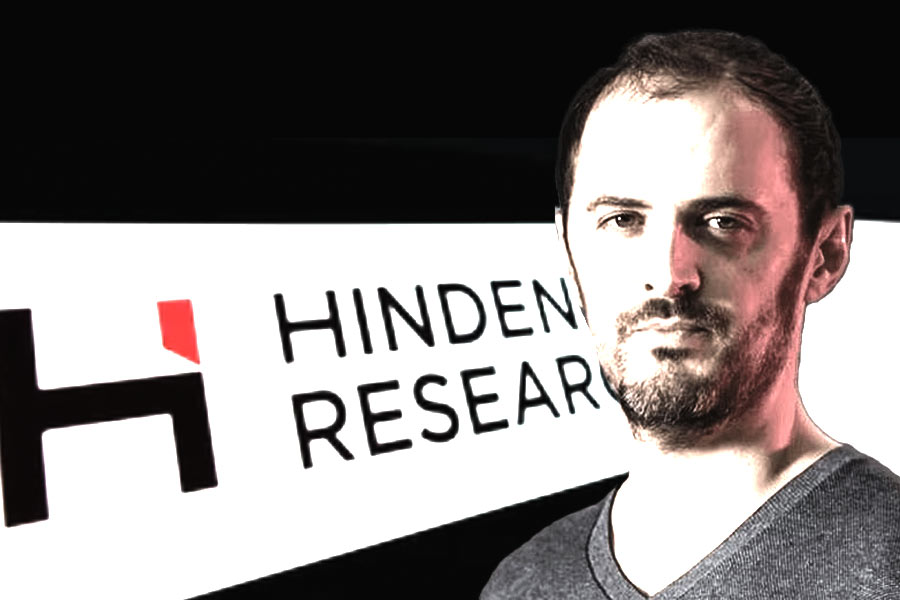OpenAI is betting on the future of online search with a new tool that directly challenges the might of Google, which has dominated the space for over two decades.
The search engine, called SearchGPT, aims to offer users “fast and timely answers with clear and relevant sources”.
The prototype product works differently from Google. Instead of generating a list of links when the user has a query, SearchGPT tries to organise and make sense of the results. For example, when searching for music festivals, it will summarise its findings and then offer short descriptions of the events followed by attribution links. Another example: When searching for information about planting tomatoes, SearchGPT will explain when to plant the fruit and then offer results about different varieties of the plant. Follow-up questions can be asked or one can click on the sidebar to access relevant links.
OpenAI, which is backed by a $13 billion investment from Microsoft, may eventually reintegrate the AI search features into its flagship chatbot, called ChatGPT. Presently accessible to a limited group of users, OpenAI declined to offer a timeline for when SearchGPT will roll out to the public but users can join a waiting list.
“For decades, search has been a foundational way for publishers and creators to reach users. Now, we’re using AI to enhance the experience by highlighting high-quality content in a conversational interface with multiple opportunities for users to engage,” OpenAI has said.
The San Francisco-headquartered company has been striking deals with publishers such as News Corp, Axel Springer SE and Time magazine to train its artificial intelligence models and to offer up-to-date information within its products. At the same time, the company is dealing with lawsuits from several newspapers, including The New York Times, for allegedly using copyrighted articles without permission.
Publishers will have a way to “manage how they appear in OpenAI search features” and can opt out of having their content used to train OpenAI’s models and yet surface in search. The challenge for OpenAI is that chatbots like ChatGPT are prone to “hallucinating” facts, numbers and references. The other challenge, according to The Information, is AI training and inference costs could reach $7 billion this year.
OpenAI’s announcement comes as Google faces a pending court decision in an antitrust lawsuit brought by the US department of justice, which has alleged that the company has monopolised the Internet search industry through multibillion-dollar deals. The justice department said Google’s search engine conducts nearly 90 per cent of web searches.











